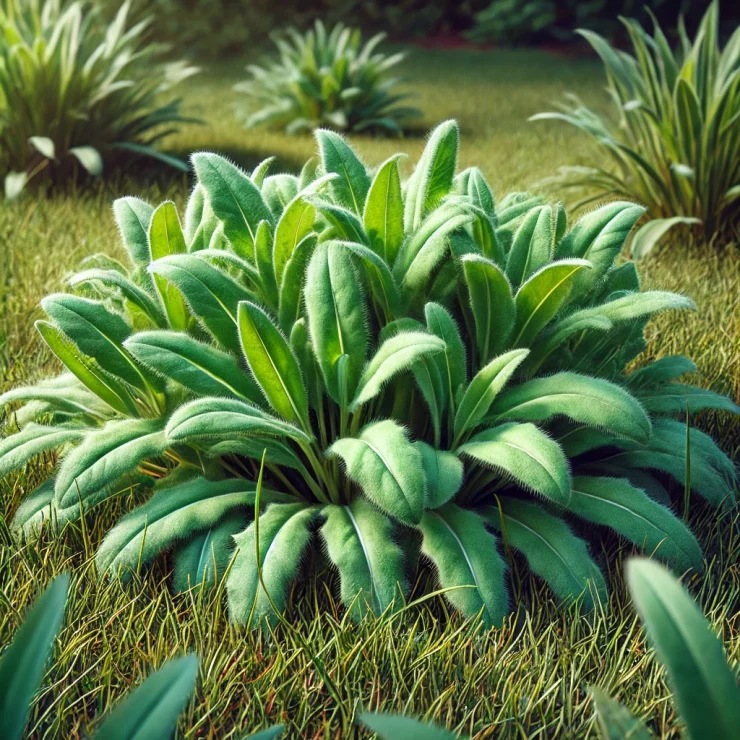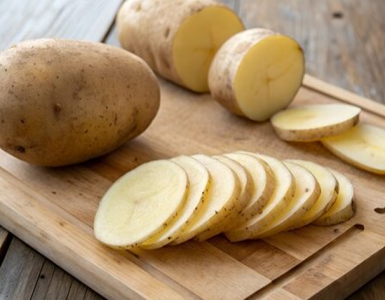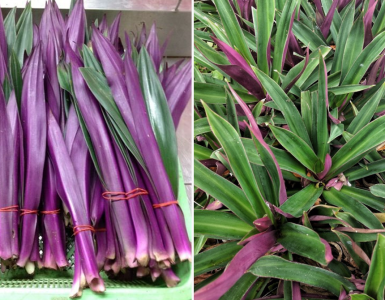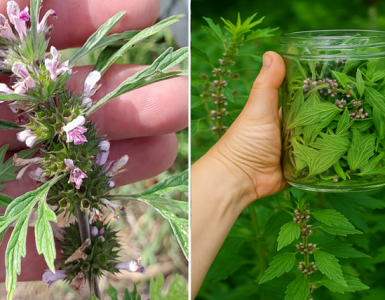Crabgrass is one of the most stubborn and invasive weeds that can take over your lawn and garden, often outcompeting desirable grass and plants. While there are many chemical herbicides available to tackle crabgrass, they often come with risks to the environment, pets, and beneficial insects. If you’re looking for a safer, natural solution, baking soda might be the answer. This common household item can be an effective and eco-friendly way to get rid of crabgrass without resorting to harsh chemicals. Here’s how you can use baking soda to kill crabgrass and keep your lawn healthy.
What Is Crabgrass?
Crabgrass is an annual weed that thrives in hot, dry conditions and can quickly take over thin or stressed areas of your lawn. It spreads by seed, and once it takes root, it can be difficult to control. Crabgrass is particularly troublesome because it grows low to the ground and spreads outward, crowding out other grasses and plants.
Why Use Baking Soda?
Baking soda, or sodium bicarbonate, is a natural substance that can be used as a non-toxic weed killer. When applied to crabgrass, it alters the pH of the soil and dehydrates the plant, leading to its eventual death. The benefit of using baking soda is that it targets the crabgrass without harming the surrounding grass and plants when used correctly.
How to Use Baking Soda to Kill Crabgrass
Using baking soda as a crabgrass killer is simple and straightforward. Here’s a step-by-step guide:
1.Identify the Crabgrass
Before applying baking soda, it’s important to accurately identify the crabgrass. Crabgrass usually appears as a low-growing plant with broad, light green leaves and stems that spread outward. It often thrives in bare or thin patches of your lawn where the soil is compacted or nutrient-deficient.
Tip: The best time to target crabgrass is in the early stages of its growth, typically in late spring or early summer, before it has a chance to spread and produce seeds.
2.Prepare the Area
Choose a dry day to apply the baking soda. Moisture can dilute the baking soda, making it less effective. Clear the area around the crabgrass, removing any debris or mulch that might block the baking soda from reaching the roots.
Tip: Wear gloves when handling baking soda, as it can be mildly irritating to the skin in concentrated amounts.
3.Apply the Baking Soda
Sprinkle a generous amount of baking soda directly onto the crabgrass, focusing on the center of the plant and the surrounding leaves. The goal is to coat the entire plant with a thick layer of baking soda.
How Much to Use:
Apply about a handful of baking soda per small patch of crabgrass. For larger patches, adjust the amount accordingly.
Be careful not to apply too much baking soda to the surrounding grass, as excessive amounts can also harm desirable plants.
4.Monitor the Results
After applying the baking soda, leave the area undisturbed and monitor the crabgrass over the next few days. You should start to see the crabgrass turning brown and wilting within 24 to 48 hours. The baking soda works by dehydrating the plant, causing it to die off.
Tip: If the crabgrass doesn’t show signs of wilting after a few days, you can reapply the baking soda to the area.
5.Remove Dead Crabgrass
Once the crabgrass has died, you can easily pull it out by hand or use a garden tool to remove the dead plants. Be sure to remove the entire root system to prevent regrowth.
Tip: After removing the crabgrass, reseed the area with desirable grass to prevent new weeds from taking hold.
6.Prevent Future Crabgrass Growth
To prevent crabgrass from returning, take steps to maintain a healthy lawn. Crabgrass thrives in bare or weak spots, so keeping your lawn thick and healthy is the best defense.
Prevention Tips:
Mow High: Keep your lawn mowed to a height of 2.5 to 3 inches to shade out crabgrass seedlings.
Water Deeply: Water your lawn deeply but infrequently to encourage deep root growth.
Fertilize Properly: Use a balanced fertilizer to maintain nutrient-rich soil and promote healthy grass growth.
Overseed: Overseed your lawn in the fall to fill in any bare spots and crowd out potential weeds.
Baking soda is a simple, natural, and effective way to kill crabgrass without the use of harmful chemicals. By following these steps, you can tackle crabgrass infestations in your lawn and garden while maintaining a safe environment for your family, pets, and beneficial insects. With a little patience and regular lawn care, you can keep crabgrass at bay and enjoy a healthy, vibrant lawn all season long.






Add comment